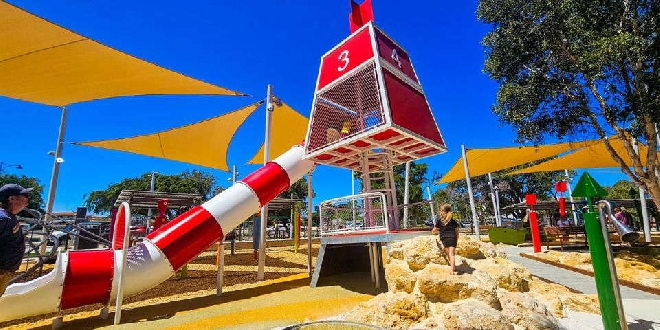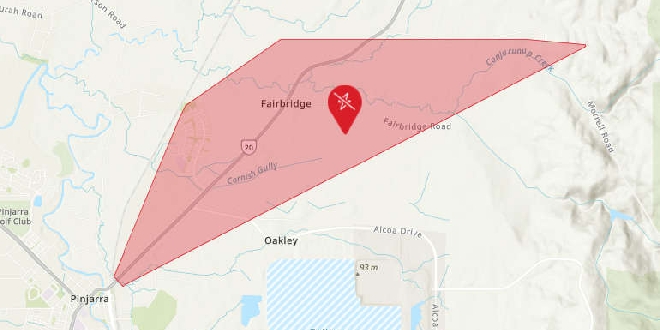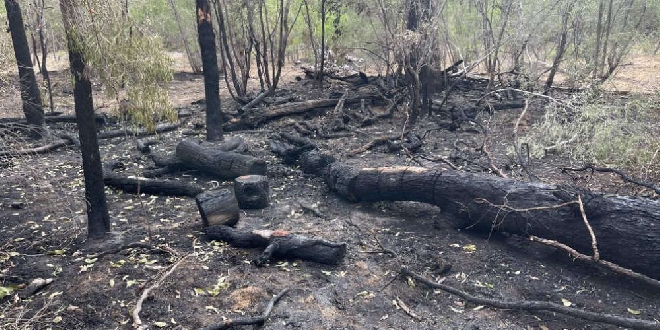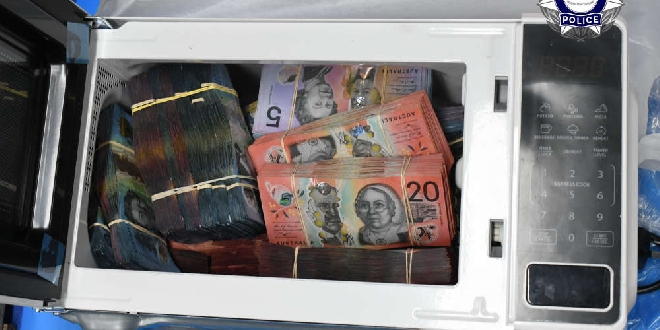
Scammers, claiming to be from the NBN or a telco, have targeted two Perth seniors.
An 81-year-old man received a call from someone claiming to be from the NBN and, as he had been connected to the NBN just the day before, he thought it was a genuine call.
He was told there were infected files on his computer and they needed access it, so he followed their instructions.
They kept the victim on his landline for most of the day and said his mobile phone had also been infected so he needed to turn it off for two days.
In the meantime, they made three withdrawals from his bank account amounting to $37,000.
His bank has managed to recover a $10,000 payment.
Becoming increasingly concerned, he called a family member from a friend’s home who told him it was a scam.
In a similar case recently, an 82-year-old man lost $19,000 when he was contacted by someone claiming to be from the NBN who then passed him through to someone supposedly from Telstra.
In this case they accessed his computer, made the unauthorised withdrawal and told him to turn off his mobile phone.
Commissioner for Consumer Protection David Hillyard is alarmed at these tactics which results in the victim being prevented from seeking advice or getting alerts from their bank.
“One key piece of advice we give consumers is to talk to family or friends when caught in these situations, or contact the telco direct to verify if it is a genuine call, so these tactics are aimed at circumventing that advice and isolating their victims, which is concerning to us,” Mr Hillyard said.
“Often banks will attempt to contact customers if they see unusually large transactions so, by making their victims uncontactable, it is more likely that the transactions will go through.
“We want people to be aware that new NBN connections are listed on the internet, so scammers can target people in those areas knowing that they will more readily accept that they are talking to a genuine person from NBN or that their provider is calling them about the recent connection.
“It’s a trick that appears to be successful in duping people into cooperating with their demands which unfortunately results in a financial loss that people in our community, particularly seniors, can least afford.
“Under no circumstances should anyone grant access to their computer to a third party no matter who they say they are and especially if they have called out of the blue.”
Information and advice on scams is available on the WA ScamNet website www.scamnet.wa.gov.au.
Enquiries can be made to Consumer Protection by email consumer@dmirs.wa.gov.au or by calling 1300 30 40 54.



 Stolen Ford Mustang linked to southern suburbs incidents
Stolen Ford Mustang linked to southern suburbs incidents
 Baldivis: Truck fire forces closure of Kwinana Freeway
Baldivis: Truck fire forces closure of Kwinana Freeway
 Concerns for missing Baldivis girl
Concerns for missing Baldivis girl
 MARC leisure pool, pirate playground to close for several weeks due to maintenance works
MARC leisure pool, pirate playground to close for several weeks due to maintenance works
 Petition launched to change new Eastern Foreshore playground due to safety concerns
Petition launched to change new Eastern Foreshore playground due to safety concerns
 Parts of Pinjarra, Fairbridge without power
Parts of Pinjarra, Fairbridge without power
 Bouvard scrub fire deemed suspicious
Bouvard scrub fire deemed suspicious
 Peel Thunder crush Perth in WAFLW season opener
Peel Thunder crush Perth in WAFLW season opener
 Baldivis man charged after AFP seize haul of cigarettes, vapes, $2.6M cash
Baldivis man charged after AFP seize haul of cigarettes, vapes, $2.6M cash